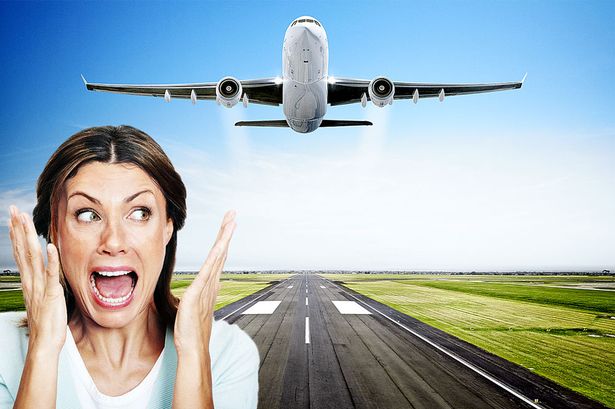Statistically, flying is the safest mode of transport and according to reported 2018 US census data, the odds of dying as a commercial plane passenger is 1 in every 205,552. That really puts it in perspective when you compare it to the odds of 1 in 102 for a potential car crash. Yet, the vast majority of us are quite willing to drive without the fear of dying on every journey we take to the supermarket. So, what is it about flying that really unnerves so many people?
Fear of flying isn’t just about being afraid of dying or, more commonly, suffering before dying. Although the root cause can be unique to the individual, it is often about feeling out of control or claustrophobic and therefore not being able to escape the situation, particularly fuelled by a turbulent flight or unpleasant experience with passengers or crew. This fear can also transfer on to other methods of public transport where they are not in control, although it is lessened by the ability to disembark at their convenience, unlike being 30,000 feet in the air.
Fear is an evolutionary response to a perceived threat which was necessary for our survival centuries ago. Nowadays, the situations that threaten our lives are greatly lessened, but the mind is still operating with that inherent instinct from our ancestors. So, any uncomfortable or unpleasant experience can immediately invoke a fight or flight response if the subconscious part of the mind sees it as a perceived threat, particularly if the individual has experienced any kind of trauma in the past and the mind has associated flying with that – however unconnected it appears. Over the years I’ve worked with people whose fear of flying has had nothing to do with flying itself. For example, for some it has originated from minor road traffic incidents as a child, learned behaviour from watching a parent panic, feeling out of control in a dominant parental relationship, or having an embarrassing experience on public transport. It’s always unique to the individual but, in most cases, no amount of statistics has been able to help someone consciously overcome this fear because it has become so ingrained in the subconscious part of the mind.
There are so many tools available to help with these fears that work really effectively, nowadays, and as a first port of call, the General Hypnotherapy Register has a list of skilled practitioners in the area with a variety of tools and techniques to suit everyone. The important thing to remember is that fear of flying is just a program, and the more you see it like that, the less power it has over you. It is something that was created in one moment in time that is now irrelevant. The mind has done a great job of protecting you but life is too short to waste on unnecessary suffering when you could be enjoying the journey and not just the destination.
https://www.general-hypnotherapy-register.com/
By Caroline Cousins – published by New Milton Advertiser and Lymington Times Newspapers in June 2019





